USA
The U.N. special envoy for Sudan who had been working outside of the country after relations with the ruling military soured, has resigned.
Volker Perthes made the announcement in a final speech to the U.N. Security Council in New York Wednesday.
His resignation comes after repeated calls by Sudan's ruling Sovereign Council that he be replaced in his post.
“I have had the privilege to serve as the United Nations Secretary-General’s Special Representative for Sudan for more than two and a half years. I am grateful to the Secretary-General for that opportunity and for his confidence in me, but I have asked him to relieve me of this duty. This will therefore be my last briefing in this function.
The former U.N special envoy said the fighting showed no sign of abating, with neither side appearing close to “a decisive military victory.”
Since mid-April, at least 5,000 people have been killed and over 12,000 wounded, Perthes added.
“I am encouraged that the African Union and IGAD have harmonized their respective roadmaps and efforts to facilitate a political solution. I also commend the Sudan’s Neighboring States Summit and the resultant ministerial mechanism. Coherence of regional and international efforts is still needed, though.”
Perthes was a key mediator in what began as Sudan's political crisis. He headed the UN Integrated Transition Assistance Mission in Sudan. However, the military government claimed he was biased, and he was reportedly declared persona non grata. Secretary-General Guterres told a news conference that he had accepted Perthes’ resignation, saying, without elaborating, that the envoy “has very strong reasons to resign.”




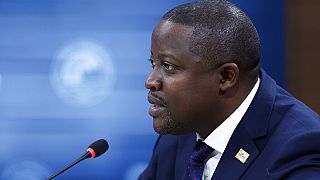
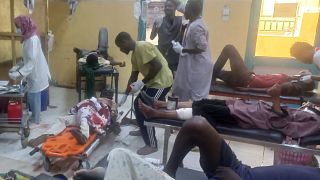
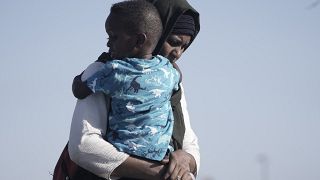

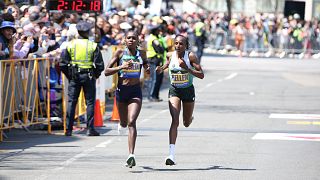
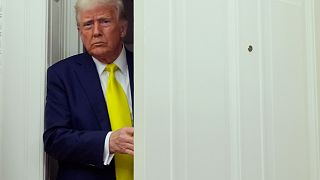



Go to video
Sudan: Rapid Support Forces attack in western Darfur kills at least 30, according to activist group
01:06
UN warns of deepening Haiti crisis
02:35
Sudanese Refugee Children Find Hope in Libyan School
Go to video
Libyan leaders call for an inclusive political process
Go to video
South Sudan: top UN official in the country warns of risk of new civil war
01:46
UN officials warn of worsening crisis in eastern DRC